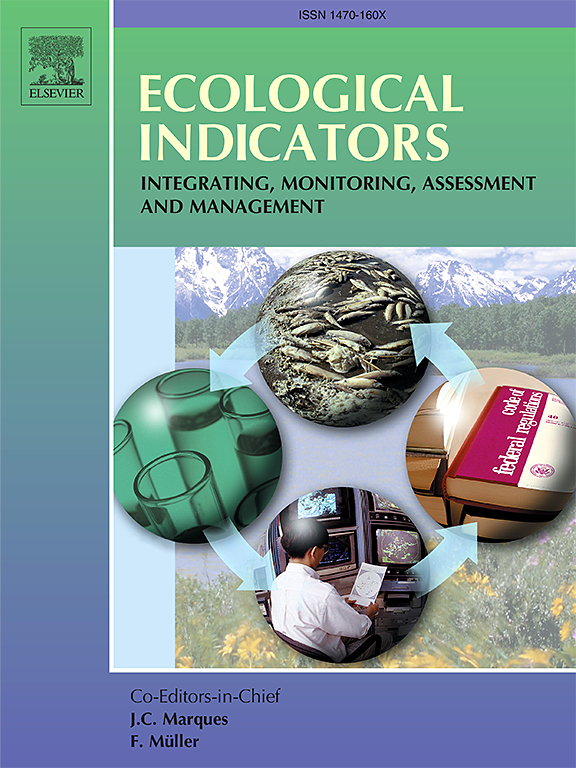模拟火灾观测数据作为野火风险监测无线传感器网络优化的指标
IF 7
2区 环境科学与生态学
Q1 ENVIRONMENTAL SCIENCES
引用次数: 0
摘要
不受控制的野火造成重大损失和经济损失。无线传感器网络(wsn)可以通过在广阔的荒地地区早期检测火灾来减轻这些影响。这项工作提出了一个模拟驱动的优化框架,用于定位wsn,以增强早期野火检测并最小化潜在损害。该方法是一个多目标优化问题(MOOP),使用非支配排序遗传算法II (NSGA-II)求解,利用动态野火模拟,并考虑诸如着火可能性和天气条件等随机变量。该方法具有通用性,与模拟模型或研究区域无关。该框架支持不确定性下的决策,确保设计的网络在不同条件下保持有效。经过验证的火灾行为的实际案例研究证明了该方法在确定最有效和最具成本效益的传感器位置方面的鲁棒性。结果显示,与为固定天气场景设计的均匀传感器网格和wsn相比,该方法的性能明显更好,突出了该方法在野火管理中的优势。本文章由计算机程序翻译,如有差异,请以英文原文为准。
Simulated fire observables as indicators for optimizing wireless sensor networks in wildfire risk monitoring
Uncontrolled wildfires cause significant damage and economic costs. Wireless Sensor Networks (WSNs) can mitigate these impacts by detecting fires early across extensive wildland areas. This work presents a simulation-driven optimization framework for localizing WSNs to enhance early wildfire detection and minimize potential damage. Formulated as a Multi-Objective Optimization Problem (MOOP) and solved using the Non-dominated Sorting Genetic Algorithm II (NSGA-II), the method utilizes dynamic wildfire simulations and considers stochastic variables such as ignition likelihood and weather conditions. The methodology is general and independent of the simulation model or the studied region. The framework supports decision-making under uncertainty, ensuring the designed networks remain effective across varying conditions. A practical case study with validated fire behaviour demonstrates the robustness of the approach to identify the most efficient and cost-effective sensor locations. Results show significantly better performance compared to uniform sensor grids and WSNs designed for fixed-weather scenarios, highlighting the benefits of this approach for wildfire management.
求助全文
通过发布文献求助,成功后即可免费获取论文全文。
去求助
来源期刊

Ecological Indicators
环境科学-环境科学
CiteScore
11.80
自引率
8.70%
发文量
1163
审稿时长
78 days
期刊介绍:
The ultimate aim of Ecological Indicators is to integrate the monitoring and assessment of ecological and environmental indicators with management practices. The journal provides a forum for the discussion of the applied scientific development and review of traditional indicator approaches as well as for theoretical, modelling and quantitative applications such as index development. Research into the following areas will be published.
• All aspects of ecological and environmental indicators and indices.
• New indicators, and new approaches and methods for indicator development, testing and use.
• Development and modelling of indices, e.g. application of indicator suites across multiple scales and resources.
• Analysis and research of resource, system- and scale-specific indicators.
• Methods for integration of social and other valuation metrics for the production of scientifically rigorous and politically-relevant assessments using indicator-based monitoring and assessment programs.
• How research indicators can be transformed into direct application for management purposes.
• Broader assessment objectives and methods, e.g. biodiversity, biological integrity, and sustainability, through the use of indicators.
• Resource-specific indicators such as landscape, agroecosystems, forests, wetlands, etc.
 求助内容:
求助内容: 应助结果提醒方式:
应助结果提醒方式:


